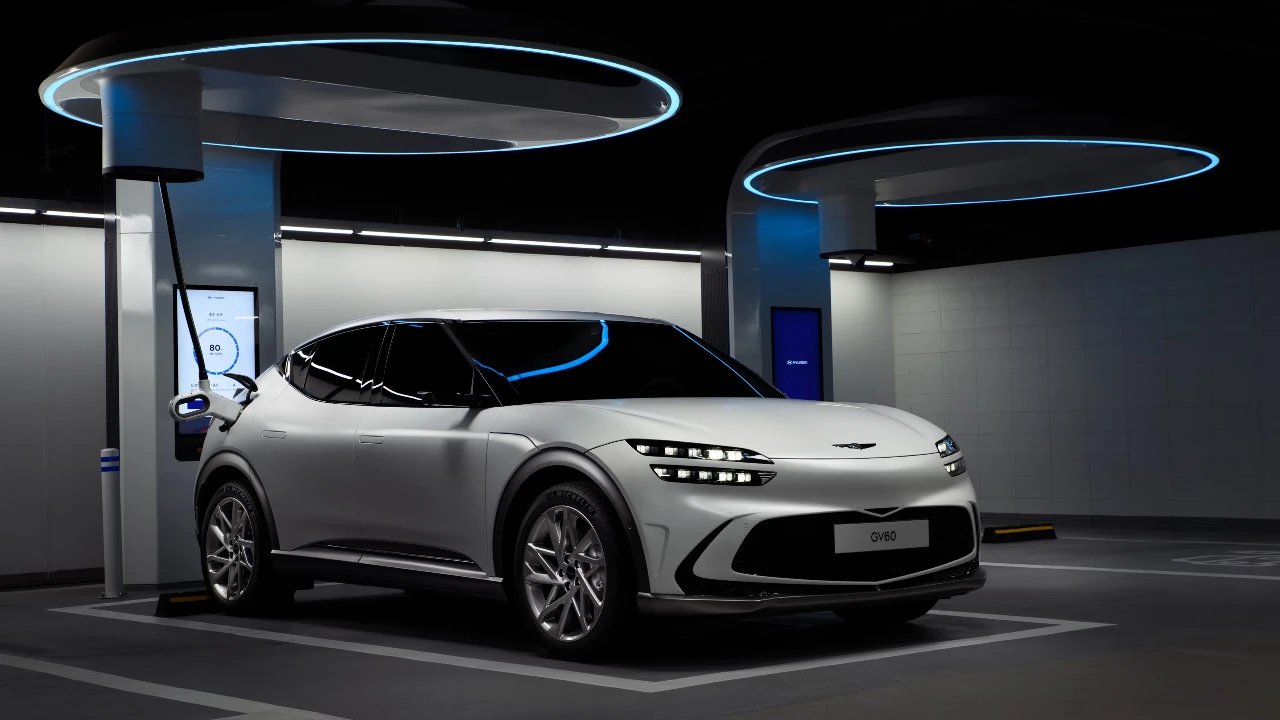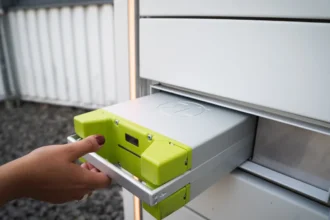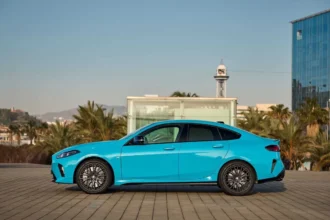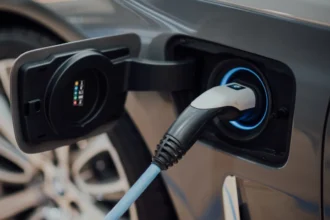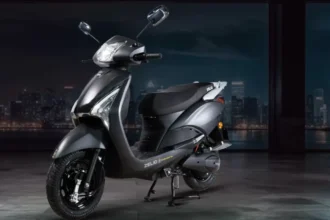Scientists Say: Electric Cars Should Charge During the Day, Not at Night
Did you know that more and more people are driving cars that run on electricity instead of gasoline? These are called electric vehicles, or EVs for short. According to BrighterSide, some smart scientists at Stanford University have made an important discovery about when we should charge these cars.
The scientists found that charging electric cars overnight at home could cause big problems as more people buy these cars. The team was led by Siobhan Powell, with help from professors Ram Rajagopal and Ines Azevedo, who teaches about energy science.
Right now, most people plug in their electric cars when they get home from work and let them charge all night. But the Stanford team says this isn’t a good idea if lots of people do it at the same time. They say we should charge cars during the daytime instead, especially when the sun is shining bright.
Why Nighttime Charging Could Cause Problems
The electricity grid is like a giant web of power lines that brings electricity to our homes. If too many people use electricity at the same time, it can cause problems for this grid.
The Stanford scientists warned that if many people charge their cars at night, it could increase the amount of electricity needed by up to 25% during the busiest hours. This is a really big jump!
When the grid gets too busy, power companies might need to turn on special power plants that burn fossil fuels like coal or gas. These are called “peaker plants” because they help during peak (or busiest) times. But these plants create pollution that’s bad for our planet.
| Charging Time | Good Things | Problems |
|---|---|---|
| Nighttime at Home | Easy to remember, car is ready in the morning | Too many people use electricity at once, needs 5.4 gigawatts of storage |
| Daytime at Work | Uses solar power, reduces storage needs to 4.2 gigawatts | Not everyone can charge at work |
Why Daytime Charging Is Better
During the day, especially when it’s sunny, we have lots of solar power available. Solar panels make electricity from sunlight, which is clean and doesn’t create pollution.
Ram Rajagopal, one of the scientists, said: “Policymakers should consider utility rates that encourage day charging and incentivize investment in charging infrastructure to shift drivers from home to work for charging.”
This means the government could make daytime electricity cheaper and help build more charging stations at workplaces so people can charge while they’re at work.
A Stanford study finds mass EV adoption with evening charging shifts peak demand and may force quick activation of fossil fuel “peaker” plants or use of 10-24 GW of grid storage.
Not Everyone Can Easily Charge During the Day
The researchers found that not everyone has the same options for charging their cars. These are called socioeconomic factors.
- Income matters – People with more money are more likely to buy electric cars
- Housing type matters – People who live in houses have easier time charging than people in apartments
- Age matters – Middle-aged people buy more electric cars right now
- Location matters – Charging stations aren’t evenly placed in all neighborhoods
According to SEPA, about 31% of people in the United States live in apartment buildings (called multi-unit dwellings). These people have a harder time finding places to charge electric cars.
Boston University found that charging stations are usually in richer neighborhoods. This means not everyone has the same access to charging, which isn’t fair.
The Future of Electric Cars
Right now, there are about 7 million electric cars in the world. But by 2040, experts think there will be more than 400 million! That’s a HUGE increase!
In California, they plan to stop selling new gasoline-powered cars by 2035. This means electric cars will become much more common.
Ines Azevedo, one of the researchers, stressed: “We need to move quickly toward decarbonizing the transportation sector.” This means switching from gas cars to electric cars to help protect our planet.
What This Means for Our Future
As more people buy electric cars, we need to be smart about how and when we charge them. If we charge during the day when the sun is shining, we can use clean solar energy instead of dirty fossil fuels.
Scientists are working hard to solve these problems so that electric cars can help make our air cleaner and stop climate change. This is important for kids like you who will grow up in this changing world!
